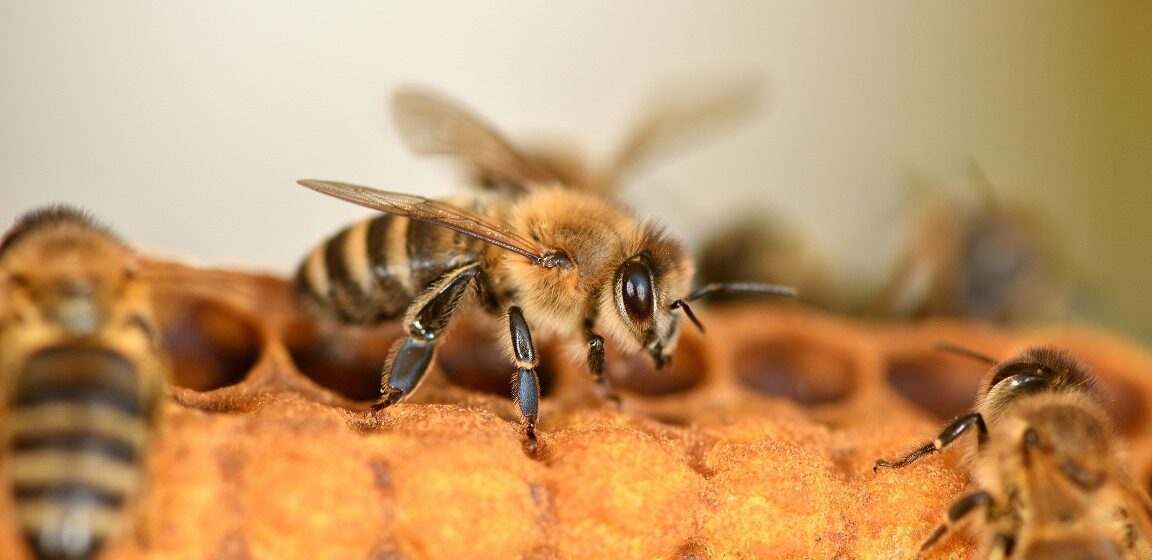Honeybee venom has been found to quickly kill aggressive and often hostile breast cancer cells, according to a young Australian scientist’s recent groundbreaking research.
Dr. Ciara Duffy, 25, of the Harry Perkins Institute of Medical Research and The University of Western Australia’s potentially groundbreaking study, found venom from the honeybee could kill cancer cells in just 60 minutes.
As part of her Ph.D. studies, Dr. Duffy tested the effect of the venom from 312 honeybees and bumblebees from Perth and Europe on types of breast cancer, including triple-negative breast cancer.
The study also found when the venom’s main component was combined with existing chemotherapy drugs, it was extremely efficient at reducing tumour growth in mice.
Published in the journal Nature Precision Oncology, the research was conducted at Perth’s Harry Perkins Institute of Medical Research by Dr. Ciara Duffy as part of her Ph.D.
Dr. Duffy hopes the discovery could lead to the development of a treatment for triple-negative breast cancer, which accounts for 10 to 15 percent of all breast cancers and for which there are currently no clinically effective targeted therapies.
She said the honeybee venom had proven extremely potent.
“We found that the venom from honeybees is remarkably effective in killing some of these really aggressive breast cancer cells at concentrations which aren’t as damaging to normal cells,” Dr. Duffy said.
The research showed a specific concentration of the venom killed 100 percent of triple-negative breast cancer and HER2-enriched breast cancer cells within 60 minutes while having minimal effects on normal cells.
Honeybee venom used in study harvested in Perth
Dr. Duffy harvested venom from honeybee hives at the University of Western Australia, as well as in Ireland and England.
“Perth bees are some of the healthiest in the world,” she said.
The bees were put to sleep with carbon dioxide and kept on ice before the venom was extracted and injected into the tumours.
She said a component of the venom called melittin had the killing effect in breast cancer cells.
The researchers reproduced the melittin synthetically and found it mirrored the majority of the anti-cancer effects of the honeybee venom.
“What melittin does is it actually enters the surface of the plasma membrane and forms holes or pores and it just causes the cell to die,” Dr. Duffy said.
The research also discovered within 20 minutes the melittin had another powerful effect of interfering with the main messaging or cancer-signaling pathways that are fundamental for the growth and replication of cancer cells.
It also effectively shut down the signaling pathways for the reproduction of triple-negative and HER2 cancer cells.




Leave a Reply